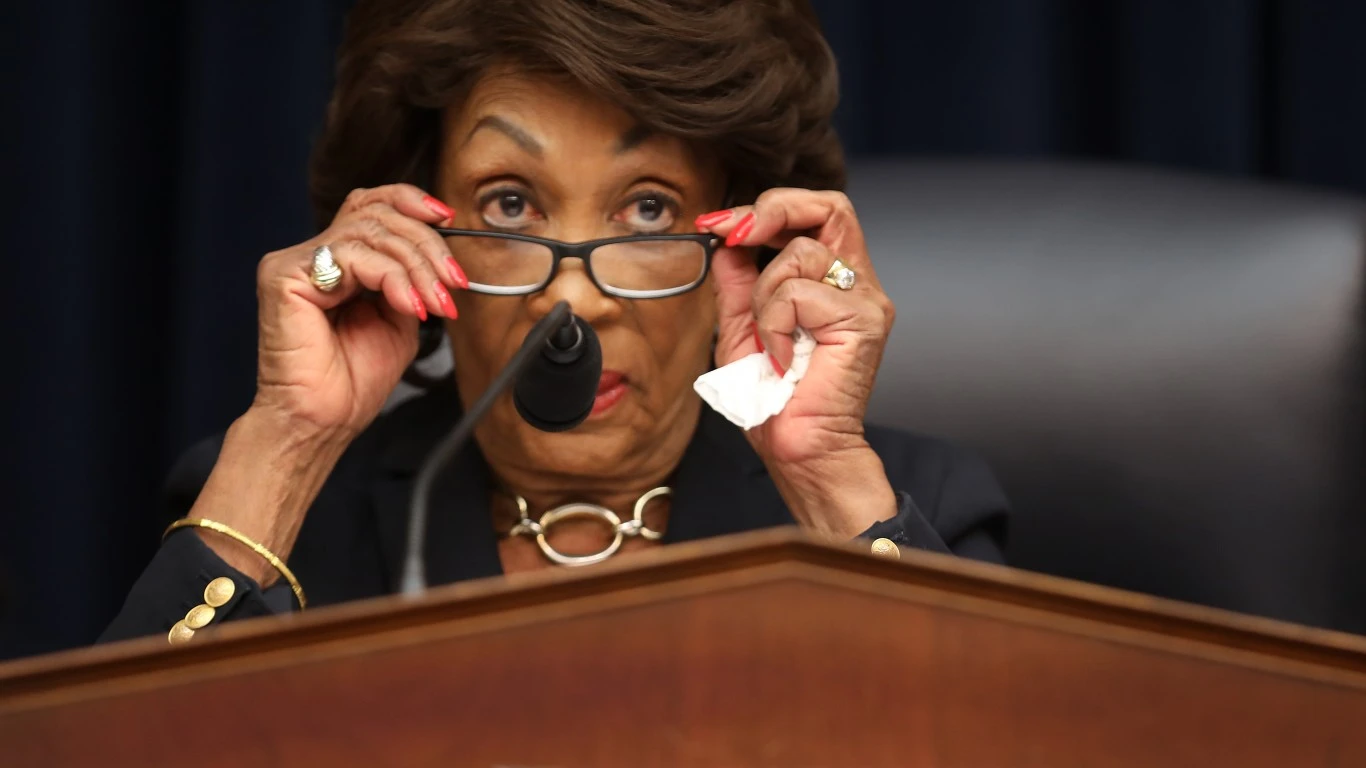
Members of the United States House of Representatives Committee on Financial Services sent a letter to the DoJ earlier today asking for a legal assessment of CBDCs. The Department of Justice is expected to provide an answer by October 15th.
Lawmakers Curious About the Needed Legal Framework for a US Digital Currency
Following a recent signing of a presidential executive order aimed at creating a legal framework for the development of digital assets, many US lawmakers are eying crypto with a keen eye. With many countries across the world looking into the creation and proliferation of central bank digital currencies (CBDCs), it was only a matter of time before American politicians took an interest.
Today, the House Committee on Financial Services sent a letter to the Department of Justice asking for a legal assessment of these digital assets. The letter is mostly concerned with the House’s exclusive authority over coining money. The Committee has allegedly looked closely at whether the FED is allowed to issue a national digital currency without house approval and the Republicans within their ranks have emphasized it does not.
The House Committee on Financial Services (Committee) has spent considerable time and resources examining both the potential risks and benefits of a CBDC. The Committee’s review has included analyzing whether the Federal Reserve has the authority to issue a CBDC without authorizing legislation. Committee Republicans emphasized in our CBDC principles that the Federal Reserve does not have the legal authority to issue a CBDC absent action from Congress. Both Federal Reserve Chair Powell and Vice Chair Lael Brainard have also testified on the need for authorizing legislation.
Essentially, the Committee on Financial Services is asking for DoJ’s recommendations on possible future legislation that needs to be passed before the United States could start issuing a digital dollar. The Committee stated it is expecting an answer by October 15th.
The Global Development of CBDCs
While the FED’s Jerome Powell was actively discussing a US CBDC since 2020, the country has done relatively little in that field compared to the world’s other major economies. Recently, China announced its plans to vastly expand trials of its own digital yuan, and other nations have been stepping up their efforts both internally, and internationally.
At a recent summit, the bank of France spoke about potential use cases for CDBCs, and several Nordic countries teamed up with Israel for another BIS-backed digital currency project. Project Icebreaker is primarily focused on the merits of central bank backed digital currencies with regard to cross-border payments.
SWIFT recently announced it successfully completed a months-long trial that involved the central banks of Germany and France, as well as several global lenders. This set of trials is expected to be followed by more advanced tests which should ultimately lead to SWIFT providing a blueprint for a future central bank digital currency network.
This article originally appeared on The Tokenist
Sponsored: Tips for Investing
A financial advisor can help you understand the advantages and disadvantages of investment properties. Finding a qualified financial advisor doesn’t have to be hard. SmartAsset’s free tool matches you with up to three financial advisors who serve your area, and you can interview your advisor matches at no cost to decide which one is right for you. If you’re ready to find an advisor who can help you achieve your financial goals, get started now.
Investing in real estate can diversify your portfolio. But expanding your horizons may add additional costs. If you’re an investor looking to minimize expenses, consider checking out online brokerages. They often offer low investment fees, helping you maximize your profit.






